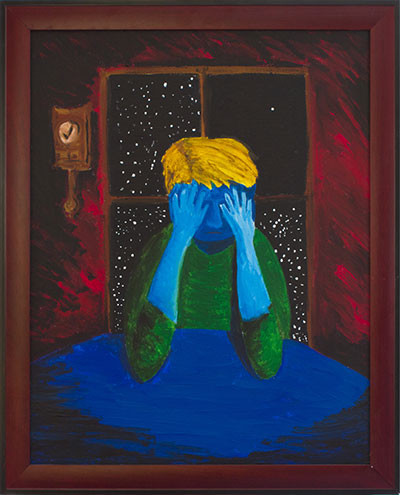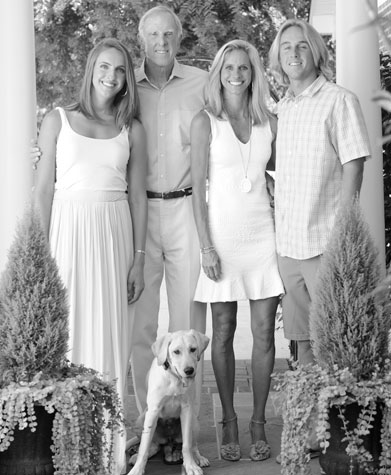Positive Growth After Living With Addiction
Recovery is Post Traumatic Growth! Post-traumatic growth (PTG) is a theory that explains transformation following trauma. Substance Use Disorders (SUD) either exacerbate existing trauma, or cause significant new trauma. Psychologists Richard Tedeschi, PhD, and Lawrence Calhoun, PhD, in the mid-1990s, theorized that people who endure psychological struggle following adversity can often see positive growth afterward. I have witnessed miraculous growth by families recovering from a substance use disorder as they take this on with the use of specific tools. And, there are many rewards.
Out of post-traumatic growth I have seen family members develop a new understanding of themselves, how to relate to other people, the kind of future they might have and a better understanding of how to live life. They accomplish a deep level of intimacy within the family relationships. The video is a great example of what type of success families can experience.
[Read more…] about Growth After Trauma
 Dispelling Common Myths About Grief
Dispelling Common Myths About Grief
